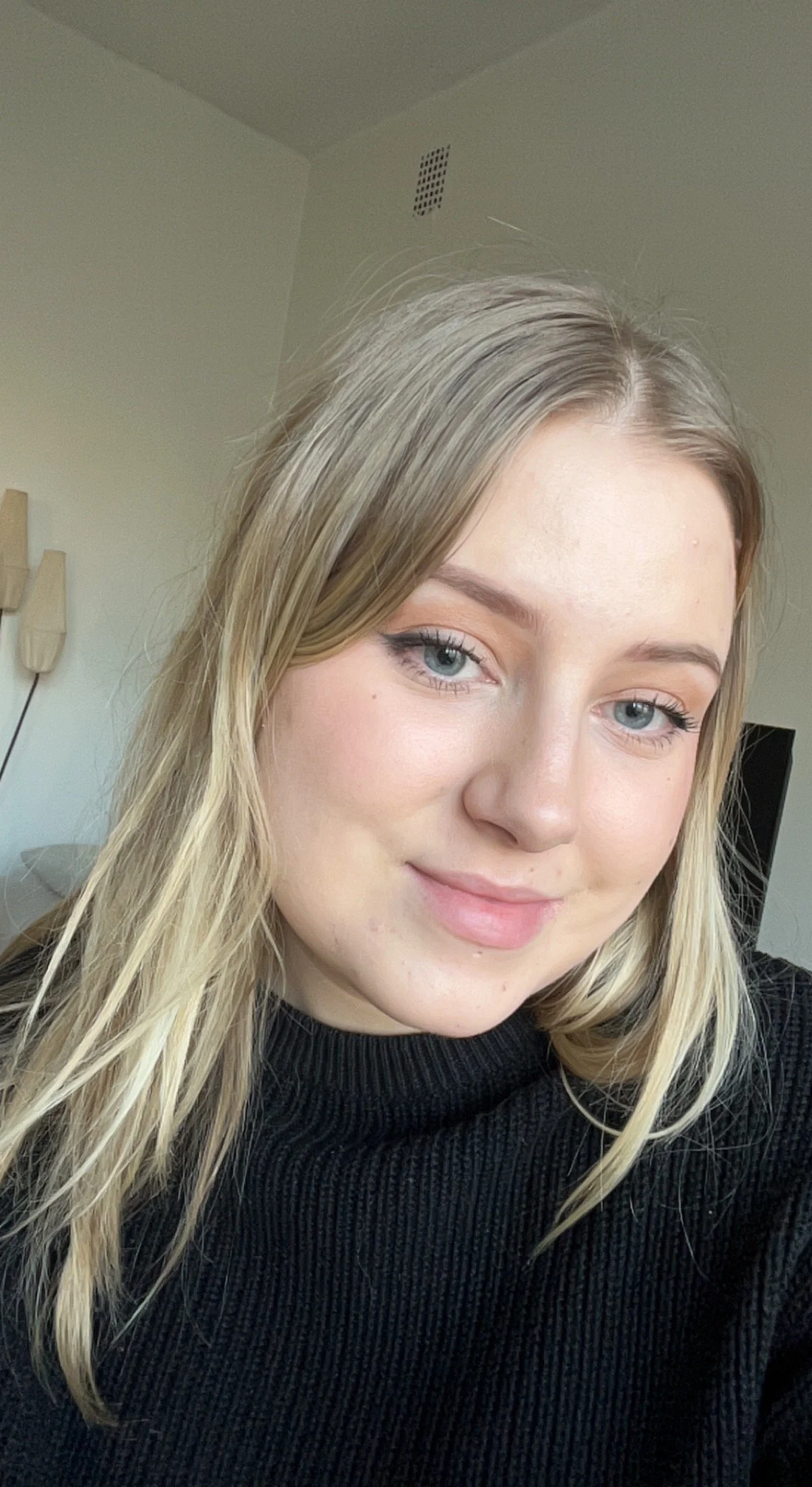The Tiktok Beauty Rabbit Hole
Several weeks ago while procrastinating on assignments, I was sucked into a Tiktok rabbit hole. This wasn’t much different from any other day of procrastination, it was only that this time the source was Tiktok instead of Youtube, Minecraft, or Netflix. After more time than I would care to admit, I noticed a trend. This trend, like many Tiktok trends, revolved around a new face changing filter. Typically, I tend to avoid looking at filter trends: they’re boring, goofy, and reinforce unattainable beauty standards. This filter stood out though. Instead of making the user look better, it made them look older. Not in the kitschy fake lines way, but in a truly realistic way. I was immediately fascinated.
Not only did this filter interest me (and many others obviously), but it also seemed to go against Tiktok’s constant push towards self optimization. If you look at Tiktok for more than two minutes, you’ll quickly see that pressure to have a perfect appearance and avoid aging is everywhere. Millennials having crises about being seen as old, anti aging creams, supplements, skin care devices, wrinkle prevention tape, wrinkle prevention pillows, wrinkle prevention straws, botox, fillers, nose jobs, facelifts. The encouragement to have a personal brand, an aesthetic, a “vibe”. As if any one person could be an entirely cohesive consistent person. The list is truly endless, and it’s exhausting.
Of course there's nothing revolutionary in saying that social media is bad for our self image. Everyone knows it, everyone has seen it in the news. But that knowledge doesn’t stop anyone. Never before have we had so much access to anonymously critique people. If you see someone with bad skin online, what’s stopping you from asking if they’ve considered drinking water, cutting out dairy, gluten, and sugar, exfoliating, starting retinol, and accutane. If you’re wrinkly, you must not have done preventative botox right? Did you take care of your gut health? What about gua sha? How we look has become a moral value judgment. The beauty standard has always been there, but now it’s gone farther, our skin, our teeth, our hair quality, we have to look flawless, digital. And if you can’t fit the standards, it’s not your genes, it’s your fault.
We fall for it, because we are being sold it through progressive language, through the language of psychology and self care, through the language of feminism. We must perform these actions if we want to be deemed socially acceptable, but it’s much easier to get tricked into it if we feel that we are doing something good for ourselves. I’m hardly innocent on this front either. I got the idea for this piece while slathering my face in over the counter french retinol and overpriced moisturizer. I’d be lying if I said I hadn’t occasionally considered taking additional measures to prevent aging. As if one could really stop time. Skincare and haircare and all of that can be useful things, but not in the miracle way that they are sold to us online.
I expected myself to meet this still heavily filtered future me with complete horror. With all the built up drama surrounding aging I expected something shocking, something awful. Instead, I felt myself filled with pleasant surprise. There was no scary monster face, no old witch. The picture the filter put out was just me, but old. This relatively stupid revelation sent me into an editing frenzy. I edited pictures of my dad young, pictures of my boyfriend, pictures of everyone I knew just to see how we would look old. I was shocked. Was that really it? This was all that people were spending all of this time and money freaking out about? Instead of dread, the fictional older me felt comforting. In a world as chaotic as our current one, living to get to look like that would be an achievement, something to celebrate, not something to try to shrink away from with horror.





